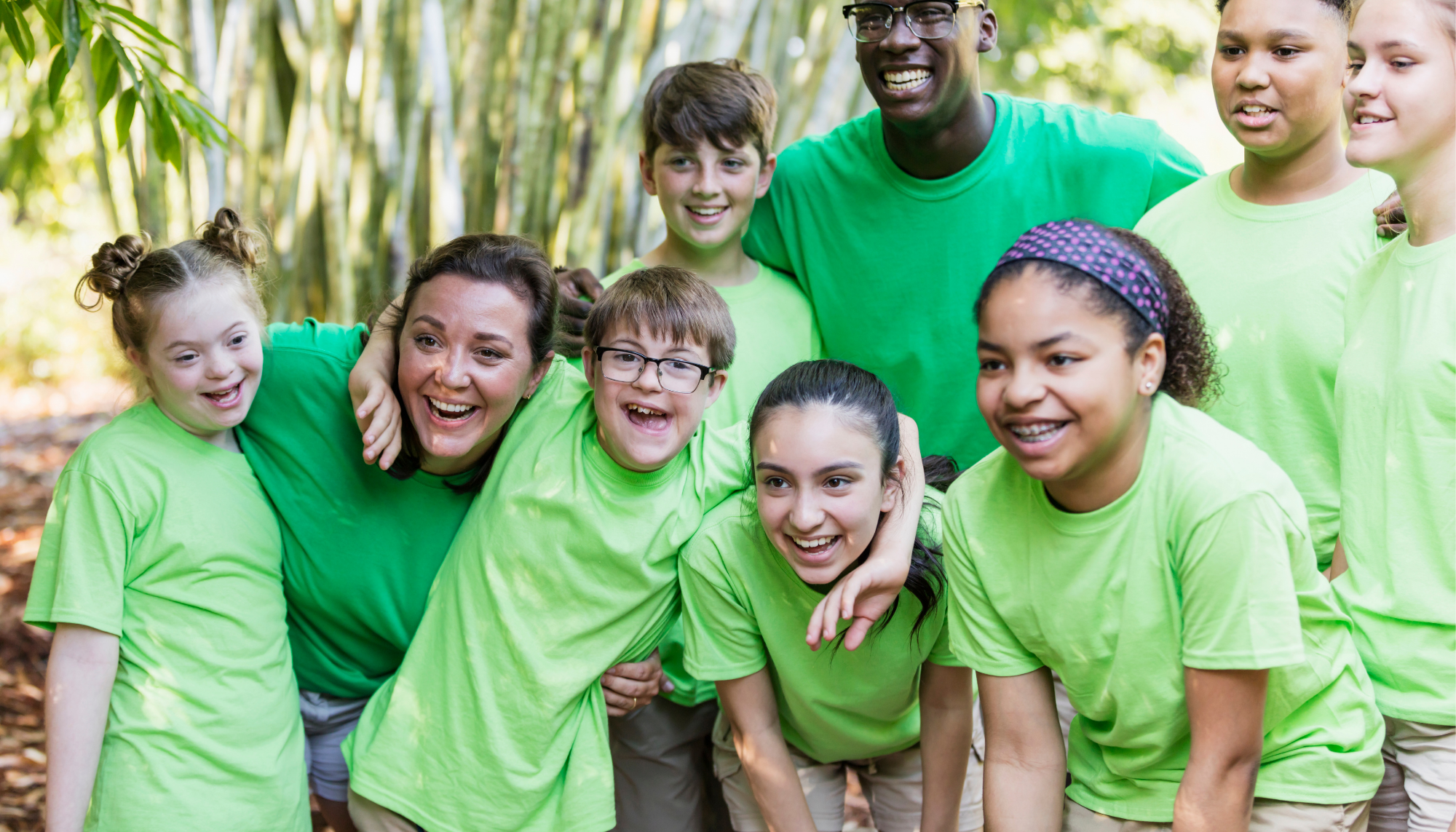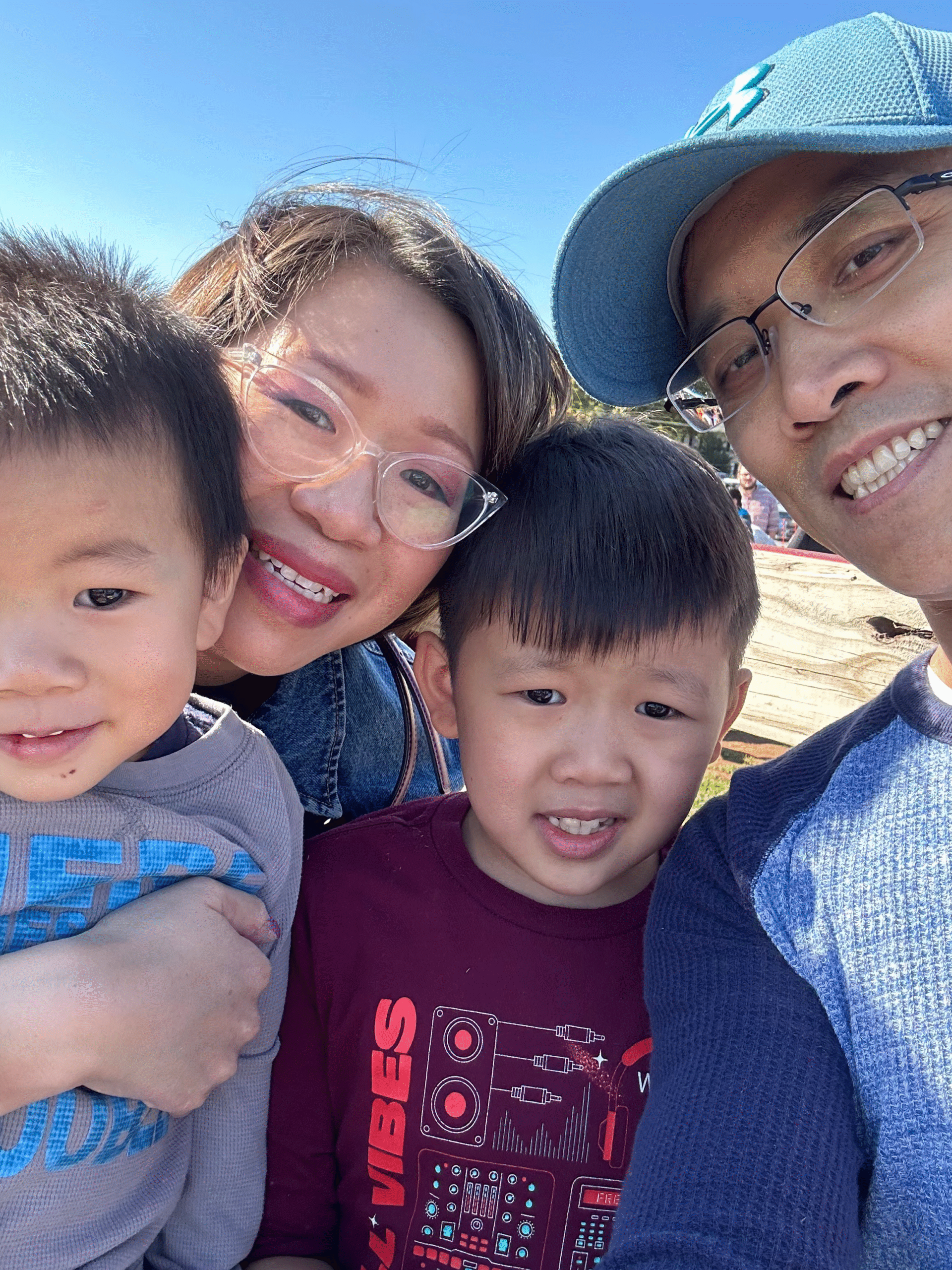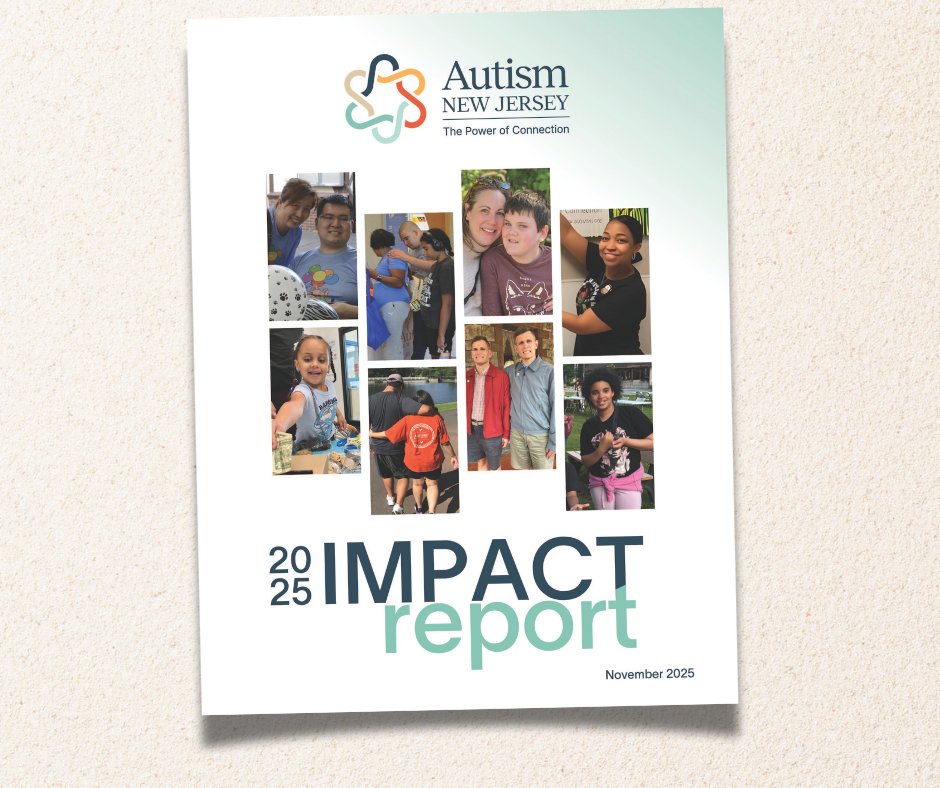
Summer camp can provide opportunities for individuals with autism to develop important skills. It can also build self-esteem, increase confidence and independence, develop friendships and relationships, and give individuals with autism an opportunity to participate in recreational activities. There are different types of camps, many of which cater to individuals’ specific interests and needs. The various options can sometimes feel overwhelming for parents and make choosing a camp seem like a challenge. Below are some ways to help parents determine which camp would be a good match for their child.
Identifying the Type of Camp
Begin your search for a camp by assessing your child’s needs and making lists of what you and your child are looking for. Decide what you would like to see your child get out of summer camp. You can focus on a setting that encourages campers to develop social skills, strengthen academics, play sports, or just have fun. The following questions can serve as helpful prompts: What does your child need from a caretaker? What are your child’s behavioral needs? Is your child working on certain skills? What does your child enjoy?
Parents can then consider the type of camp they and their child are interested in. The types of camps include:
- Inclusive Camps serve both children with and without disabilities. Inclusive camp programs offer opportunities to interact with peers of all ability levels and teach social acceptance.
- Specialty Camps serve a specific population, such as children with autism. Specialty camp programs allow individuals with autism to meet peers with similar disabilities. Camp staff are free to focus on teaching skills specific to their campers’ needs.
- Day Camps are daytime only. Examples of day camps are community-based parks and recreation programs.
- Residential Camps are overnight camps and can vary in terms of length of stay.
Finding a Camp
Once parents and their child have an idea of what type of camp they are interested in, they can start their search. Below are some resources that offer camp listings:
- Autism New Jersey’s online referral database
- Children’s System of Care (CSOC) qualified camp providers
- American Camping Association (ACA) – you can filter by the type of camps, cost, length of stay, location, etc.
Eligible adults receiving services from the Division of Developmental Disabilities (DDD) can use funds from their budget to cover the cost of summer camp. A separate application for funding is not required. Families can search for Medicaid/DDD-approved providers in the Provider Search Database.
Equal Access
It is important to know that the American with Disabilities Act (ADA) protects the rights of individuals with disabilities to attend camp programs. The American Camp Association (ACA) provides this helpful information from the United States Attorney’s Office that explains what camps must do to accommodate and provide equal opportunities to campers with disabilities. The ACA also has articles and resources to help families and camp providers.
Evaluating the Camp
Once parents have identified some camps they wish to explore, they can attend “pre-camp” events, such as an open house or tour. Parents can also review materials like camp brochures and camp videos.
Here is a list of questions parents can ask to help evaluate the appropriateness of the camp:
Programming
Staff Training
Personal Care
Challenging Behavior
Cost
Experience Our Power of Connection
For additional information, contact Autism New Jersey’s 800.4.AUTISM Helpline, email information@autismnj.org, or use the Live Chat feature at the bottom of your screen.










